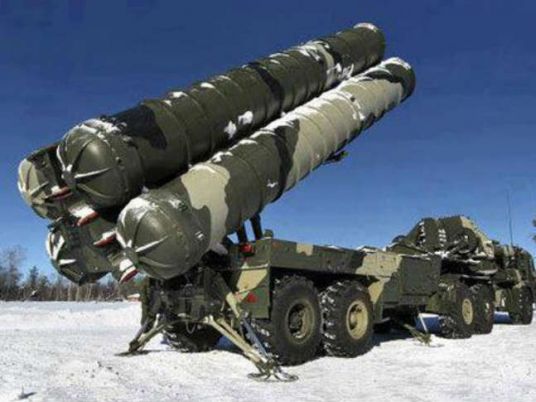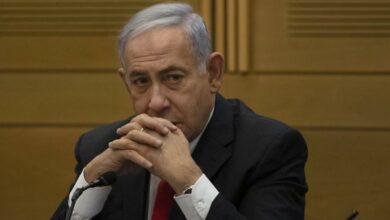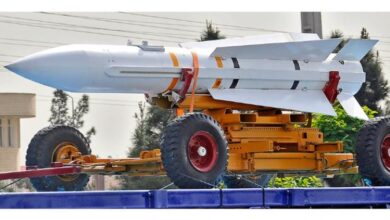
The chief of Israel's air force on Wednesday played down worries voiced by some fellow officials about the possibility of Egypt acquiring advanced Russian-made air defences.
The Russian news agency TASS said in March Egypt would receive the Antey-2500 missile system, an S-300 variant, and put the value of the contract at more than a billion dollars. Neither Egypt nor Russia has formally confirmed it.
The S-300 would pose a challenge to Israel's air force.
Russia is also in talks to sell the system to Iran, to the open consternation of Israel, which has long threatened to attack its arch-foe's nuclear facilities if it deems diplomatic efforts to deny Tehran the bomb to have failed.
"It (an Iranian S-300) is a very big challenge. It is a strategic problem long before it is an operational problem," air force chief Major-General Amir Eshel told reporters on the sidelines of a conference on Wednesday at the Fisher Institute for Air & Space Strategic Studies near Tel Aviv.
"Someone who has an S-300 feels protected and can do more aggressive things because he feels protected," he said.
But Eshel brushed off any suggestions Israel would be concerned about an Egyptian S-300, telling reporters: "Are you kidding me? We're at peace with them."
In a state of stable albeit cold peace since 1979, Israel and Egypt have in recent years stepped up security coordination against Islamist militants.
"We're all for Egypt getting anything it needs from the United States for counterterrorism," a senior Israeli military officer said on condition of anonymity this month.
"The problem is that the S-300 has nothing to do with counterterrorism."
A U.S. official said he had heard "muted" misgivings over the S-300 deal, but that the Israelis seemed resigned to it.
"They have a problem because here they are telling us we should give (Egypt) all this kit for Sinai, and yet they have problems with certain other weapons systems. They're aware that it's a mixed message, and they don't want to risk that," the official told Reuters on condition of anonymity.
Egypt depends on extensive U.S. military aid, which can potentially be influenced by Israel's own lobbying in Washington.




